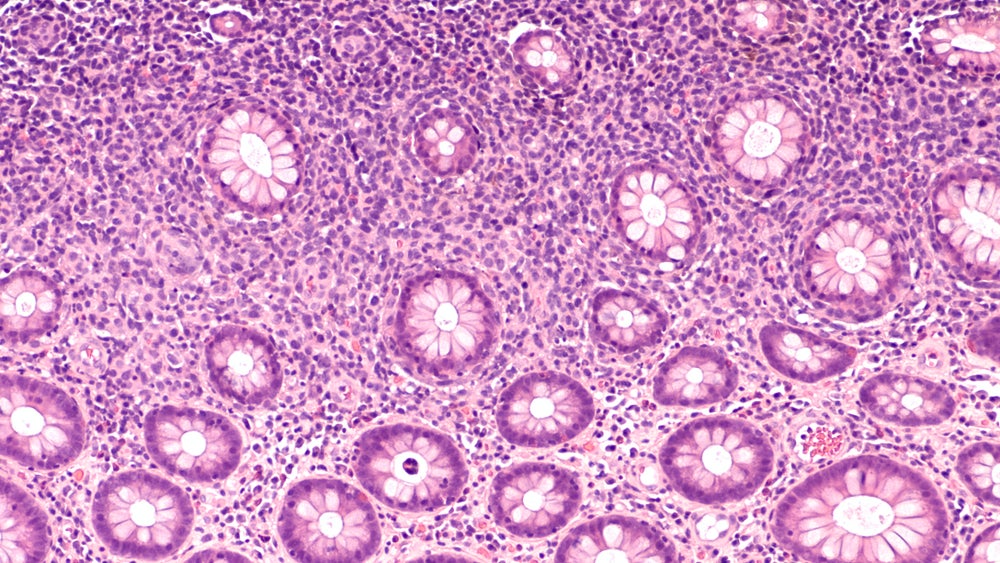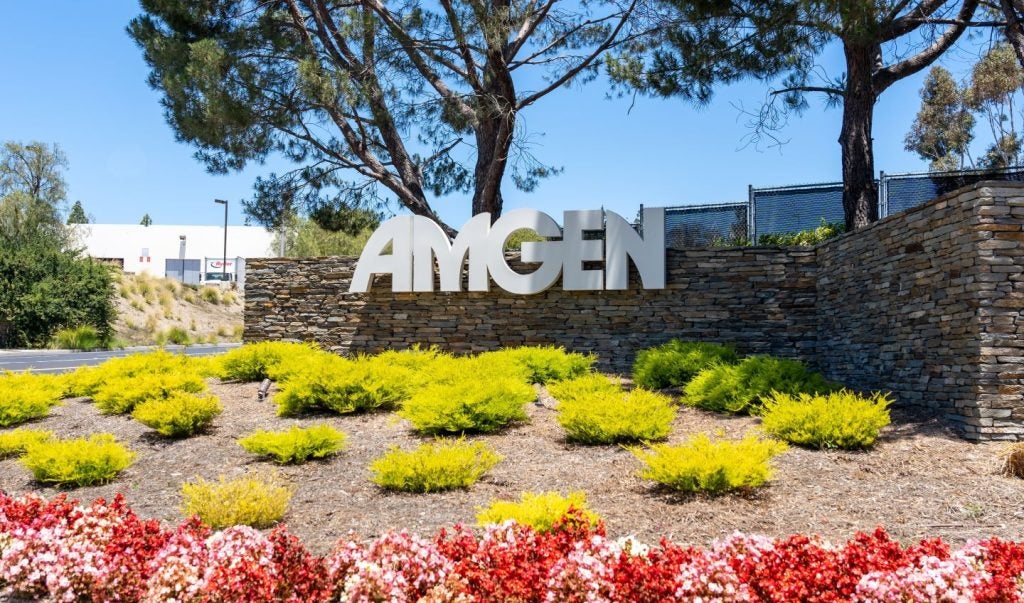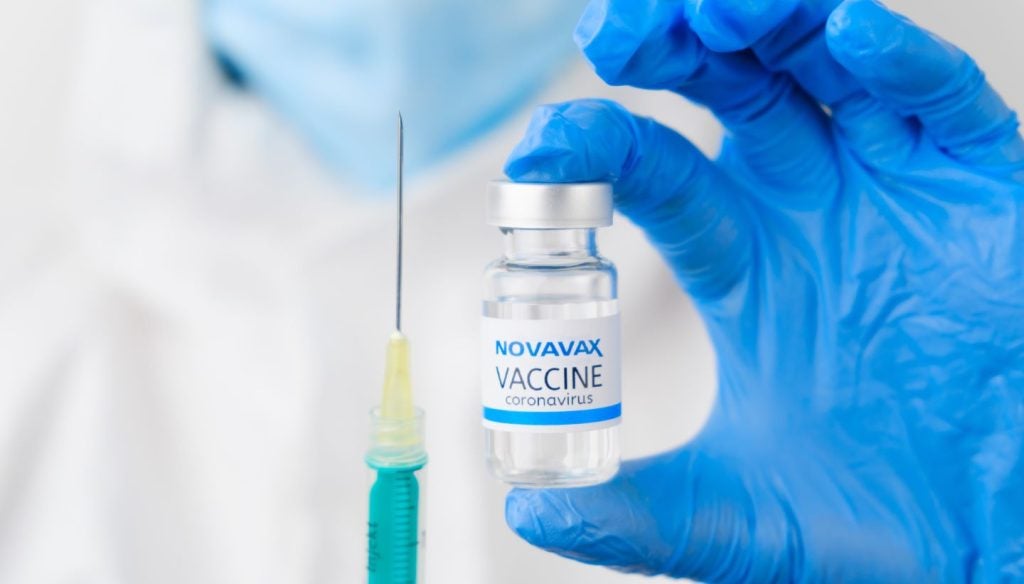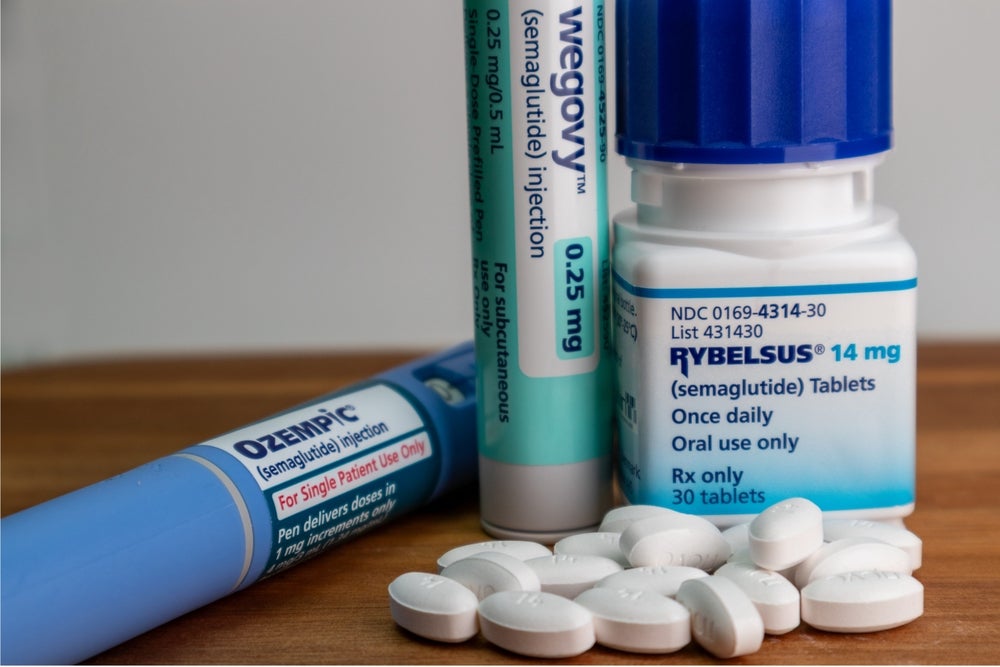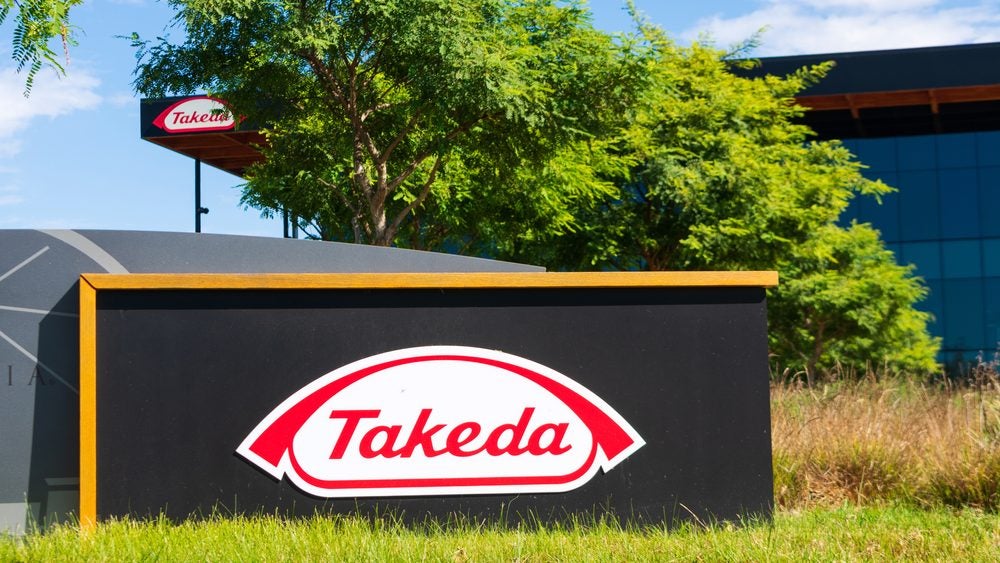Updated positive data of the STARGLO trial was presented at the European Hematology Association conference, 13 – 16 June. The trial evaluated Roche’s Columvi (glofitamab) in combination with gemcitabine and oxaliplatin (Glofit-GemOx) against GemOx with Roche’s MabThera/Rituxan (rituximab) (R-GemOx) for relapsed/refractory (r/r) diffuse large B-cell lymphoma (DLBCL) patients in the third plus line setting or transplant-ineligible patients in the second line setting. Even with new targeted therapies and chimeric antigen receptor (CAR)-T cell therapy available, there remains a significant need for additional treatment options in r/r DLBCL, which Columvi aims to meet.
Columvi is an intravenously administered bispecific T-cell engager (BiTE), targeting CD3 on T-cells and redirecting them to CD20-expressing cancer B cells, resulting in potent and selective T cell-mediated cytotoxic activity. In the Phase III STARGLO trial, patients in the Glofit-GemOx combination arm received 8 cycles of Columvi + GemOx followed by 4 cycles of Columvi monotherapy with one dose of Roche’s Gazyva (obinutuzumab) seven days prior to the first dose of Columvi. In the control arm, patients received up to eight 21-day cycles of R-GemOx.
The results of the study overall favored the Glofit-GemOx arm. At the median follow-up of 11.3 months, the study achieved its primary endpoint of overall survival (OS) with a 41% reduction in the risk of death (hazard ratio [HR] = 0.59). Progression-free survival (PFS) as a secondary endpoint was met where the Columvi + GemOx regimen displayed a 63% reduction in risk of disease progression with a median PFS of 13.8 months vs 3.6 months for R-GemOx. A median OS benefit was observed for the Columvi combination by 12.6 months compared to the R-GemOx regimen (25.5 months vs 12.9 months; HR = 0.62); 58% of patients treated with the combination also experienced a complete response vs 25.3% with R-GemOx.
Adverse events (AEs) occurred more frequently with Glofit-GemOx treatment. A higher risk of cytokine release syndrome (CRS), a known toxicity of Columvi, was observed in the Columvi combination arm due to higher cumulative drug exposure from more cycles received (11 cycles vs 4 cycles). CRS occurred in 44% of cases, with grade 1 (31.4%), grade 2 (10.5%), and grade 3 (2.3%) severity during optimised step-up dosing in cycle 1. However, a successful CRS risk mitigation strategy was implemented, making CRS symptoms manageable and reversible. Immune effector cell-associated neurotoxicity syndrome (ICANS) occurred in one patient in the Columvi combination arm. Other AEs, including cytopenia and infections, were consistent with the known toxicity profile of Columvi. Additionally, the Glofit-GemOx arm had more fatal AEs, primarily driven by Covid-19.
Columvi has been granted accelerated approval by the FDA for use in r/r DLBCL after two or more lines of systemic therapy based on the single-arm Phase I/II NP30179 trial. Regarding direct competition, AbbVie and Genmab’s Epkinly (epcoritamab), a subcutaneously administered BiTE, is approved for treating DLBCL in the third line and poses a strong challenge, especially given its ease of administration. Nevertheless, with promising outcomes from STARGLO, Columvi holds the potential to extend into earlier lines of therapy.
Additionally, Columvi’s potential approval based on the STARGLO study may hinder Regeneron's BiTE odronextamab future approval in the same r/r DLBCL setting, particularly after the FDA issued complete response letters to Regeneron’s biologics license application. This study also marks the first randomised controlled trial of a BiTE in DLBCL, demonstrating an OS benefit and offering a fixed-duration treatment that may provide a durable response and quality of life for these patients. However, it would be beneficial to understand where to position Columvi relative to CAR-T cell therapy in the overall treatment schedule of r/r DLBCL. Columvi is also under investigation in the Phase III GLOBRYTE trial for r/r mantle cell lymphoma with positive results that may also contribute to Columvi’s projected total sales of $1.74bn by 2030, according to GlobalData’s analyst consensus forecast.


